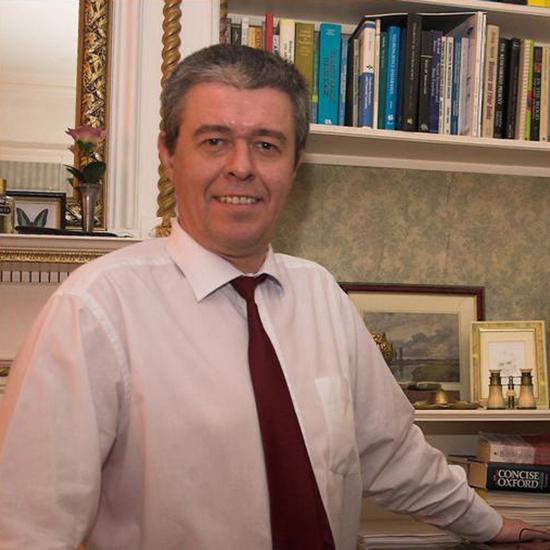Although Karl Friston trained in psychiatry, his revolutionary impact on studies of the brain derives from his inventive use of probability theory to analyse neural imaging data. He invented a technique, statistical parametric mapping or SPM, that is now used universally to look for correspondences in brain activity as measured by magnetic resonance imaging.
He then invented voxel-based morphometry, a sensitive method of measuring the volume of brain structures — one application demonstrated the increased volume of a region underlying spatial memory in London taxi drivers. Karl’s dynamic causal modelling is used to estimate how different cortical regions of the brain influence one another.
Karl’s suggestion that the minimisation of surprise can explain many aspects of action and perception informs his continuing efforts to integrate imaging data with other measures such as electroencephalography. He received a Golden Brain Award from the Minerva Foundation in 2003, and the Weldon Memorial Prize in 2013.
Subject groups
-
Multicellular Organisms
Animal (especially mammalian) and human physiology and anatomy (non-clinical), Development and control of behaviour

